- عنوان کتاب: Machine Learning for Text
- نویسنده: Charu C. Aggarwal
- حوزه: یادگیری ماشین
- سال انتشار: 2022
- تعداد صفحه: 582
- زبان اصلی: انگلیسی
- نوع فایل: pdf
- حجم فایل: 8.26 مگابایت
“اگر این درست است که همیشه بیش از یک راه برای تفسیر یک متن وجود دارد، این درست نیست که همه تفسیرها برابر هستند.” – Paul Ricoeur حوزه غنی تحلیل متن ایده هایی را از بازیابی اطلاعات، یادگیری ماشینی و زبان طبیعی می گیرد. در حال پردازش. هر یک از این حوزه ها در نوع خود یک حوزه فعال و پر جنب و جوش است و کتاب های متعددی در هر یک از این حوزه های مختلف نوشته شده است. در نتیجه، بسیاری از این کتابها برخی از جنبههای تحلیل متن را پوشش دادهاند، اما همه حوزههایی را که انتظار میرود کتاب یادگیری از متن پوشش دهد، پوشش ندادهاند. در این مرحله، نیاز به یک کتاب متمرکز بر یادگیری ماشین از متن وجود دارد. این کتاب اولین تلاشی است برای ادغام تمام پیچیدگی ها در زمینه های یادگیری ماشینی، بازیابی اطلاعات و پردازش زبان طبیعی به روشی جامع، به منظور ایجاد یک کتاب منسجم و یکپارچه در این حوزه. بنابراین، فصل ها به سه دسته تقسیم می شوند: 1. الگوریتم ها و مدل های بنیادی: بسیاری از کاربردهای اساسی در تجزیه و تحلیل متن، مانند فاکتورسازی ماتریس، خوشه بندی و طبقه بندی، در حوزه هایی فراتر از متن کاربرد دارند. با این وجود، این روش ها باید با ویژگی های تخصصی متن تنظیم شوند. فصلهای 1 تا 8 روشهای تحلیلی اصلی را در زمینه یادگیری ماشینی از متن مورد بحث قرار خواهند داد. 2. بازیابی اطلاعات و رتبه بندی: بسیاری از جنبه های بازیابی اطلاعات و رتبه بندی ارتباط نزدیکی با تجزیه و تحلیل متن دارند. به عنوان مثال، رتبه بندی SVM ها و رتبه بندی مبتنی بر پیوند اغلب برای یادگیری از متن استفاده می شود. در فصل نهم مروری بر روش های بازیابی اطلاعات از دیدگاه متن کاوی ارائه خواهد شد. 3. مدلهای مبتنی بر توالی و زبان طبیعی: اگرچه نمایشهای چند بعدی را میتوان برای کاربردهای اساسی در تجزیه و تحلیل متن استفاده کرد، غنای واقعی نمایش متن را میتوان با در نظر گرفتن متن بهعنوان دنباله افزایش داد. در فصل های 10 تا 16 این موضوعات پیشرفته مانند جاسازی توالی، یادگیری عمیق، ترانسفورماتورها، مدل های زبانی از پیش آموزش دیده، استخراج اطلاعات، نمودارهای دانش، خلاصه سازی، پاسخگویی به پرسش، نظر کاوی، تقسیم بندی متن، و استخراج رویداد بحث خواهد شد.
“If it is true that there is always more than one way of construing a text, it is not true that all interpretations are equal.”– Paul Ricoeur The rich area of text analytics draws ideas from information retrieval, machine learning, and natural language processing. Each of these areas is an active and vibrant field in its own right, and numerous books have been written in each of these different areas. As a result, many of these books have covered some aspects of text analytics, but they have not covered all the areas that a book on learning from text is expected to cover. At this point, a need exists for a focussed book on machine learning from text. This book is a first attempt to integrate all the complexities in the areas of machine learning, information retrieval, and natural language processing in a holistic way, in order to create a coherent and integrated book in the area. Therefore, the chapters are divided into three categories: 1. Fundamental algorithms and models: Many fundamental applications in text analytics, such as matrix factorization, clustering, and classification, have uses in domains beyond text. Nevertheless, these methods need to be tailored to the specialized characteristics of text. Chapters 1 through 8 will discuss core analytical methods in the context of machine learning from text. 2. Information retrieval and ranking: Many aspects of information retrieval and ranking are closely related to text analytics. For example, ranking SVMs and link-based ranking are often used for learning from text. Chapter 9 will provide an overview of information retrieval methods from the point of view of text mining. 3. Sequence- and natural language-centric models: Although multidimensional representations can be used for basic applications in text analytics, the true richness of the text representation can be leveraged by treating text as sequences. Chapters 10 through 16 will discuss these advanced topics like sequence embedding, deep learning, transformers, pre-trained language models, information extraction, knowledge graphs, summarization, question-answering, opinion mining, text segmentation, and event extraction.
این کتاب را میتوانید از لینک زیر بصورت رایگان دانلود کنید:
Download: Machine Learning for Text



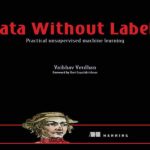
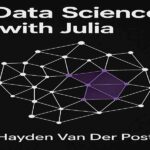
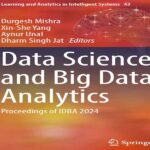
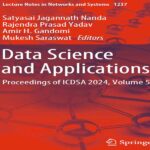
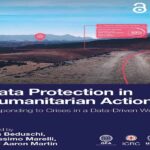
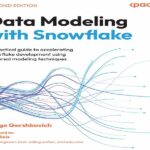
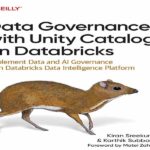
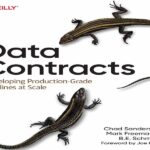
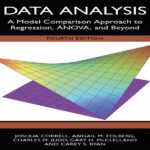
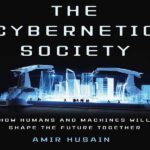
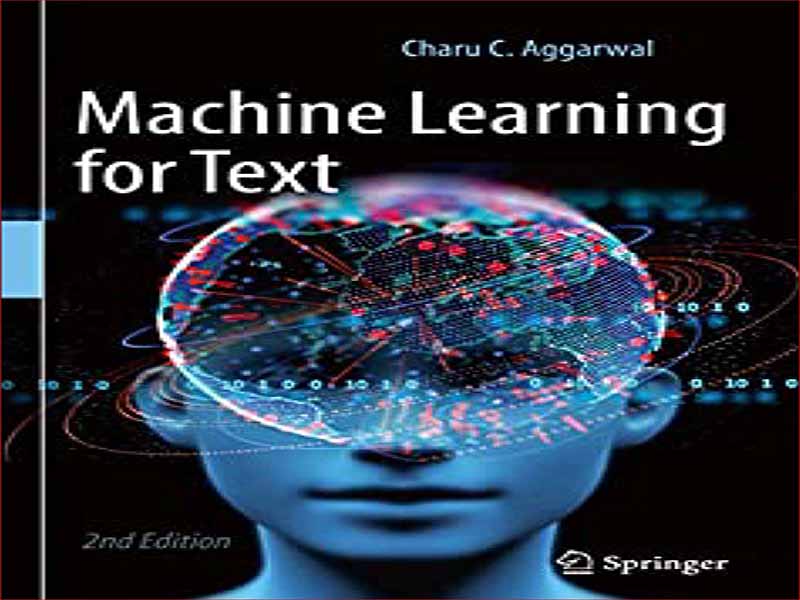



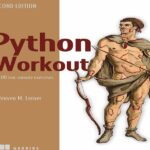
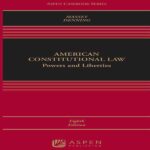

















نظرات کاربران